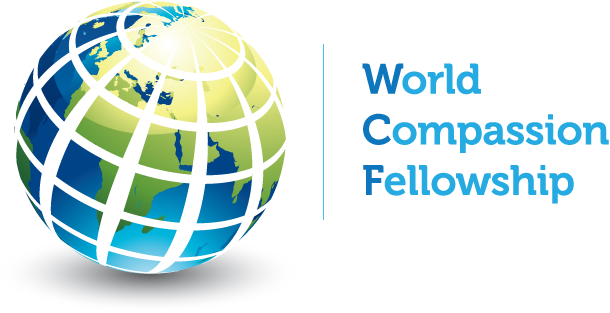Kenya Medical
WCF has been organizing mobile medical teams to Africa since 2007 starting in war-torn Sudan. Our first medical Life Center was launched in Malawi years ago.
Our team recently went to Namanga, Kenya where we were introducing the Namanga community to a future Life Center location. We also assessed the conditions prevalent in the community and offered mobile clinics in other nearby villages.
Throughout the trip, we worked closely with the Ministry of Health so that we could refer patients to them as needed. Little did we know that we would refer hundreds of patients to them, including many with life threatening situations.
Later, a Ministry of Health officer told us that this was the first campaign of its kind in this area. They learned many new things about the conditions in the area that will be helpful to them in the future.
The trip was very exhausting, but very fulfilling. Though we worked 12 hour days in difficult conditions, we were able to treat 1,225 patients and saved dozens of people’s lives literally. We found multiple instances of early breast and cervical cancer as well as dangerously high hypertension and other severe conditions. We also treated many severely infected wounds that could be life threatening if left untreated.
Women's Health
Approximately 70% of all maternal deaths occur in Sub-Saharan Africa. Obstetric complications contribute significantly to maternal deaths. Many women in rural areas lack access to medical care either due to proximity or lack of funds.
19 of the top 20 countries with the highest cervical cancer burden are in sub-Saharan Africa. Poor access to cervical cancer prevention, screening and treatment contributes to 90% of all deaths. With cervical cancer, once you start seeing symptoms, it's typically too late. These need to be caught early.
We were blessed to have three women's health physicians on the team and we brought a portable sonogram machine. Many women in the rural areas get very little perinatal or gynecological care.
Prior to the clinics, we did general health awareness seminars, but more education is needed. We found some resistance in doing more thorough exams, particularly to do cervical cancer screening.
Nevertheless, our team found early stage breast and cervical cancer situations that we were able to refer to the regional hospital system. We are continuing to follow-up with these patients.
Chronic Conditions
We have always seen deadly levels of undiagnosed hypertension or untreated diabetes in Africa, but it is still startling to see blood pressure readings of 220/120 and the patient's complaint is a simple headache. We diagnosed dozens of people with dangerous conditions that they simply weren't aware of.
Some came back to thank us. “Thank you for saving my life! I only came to bring my son for treatment and didn't realize that I had this condition!”
We provided the initial drug treatments and then they were referred to the health system.
Eye Conditions
We saw many people with cataracts and trachoma, which is an an eye infection that has led to 1.9 million people to go blind. Unfortunately, we only had limited ability to help the advanced situations, but we referred them to the Ministry of Health for follow-ups. Ophthalmology is a huge need there.
We also brought about 75 reading glasses on the trip, which we've been doing for years. However, it's easy to take these things for granted. When one particularly patient was prescribed one of the glasses, she was overjoyed and shouted, “I can see! God bless you so much!”
For more information about our Africa Mobile Teams, please click here.
Thank you again for your ongoing support of our work.





